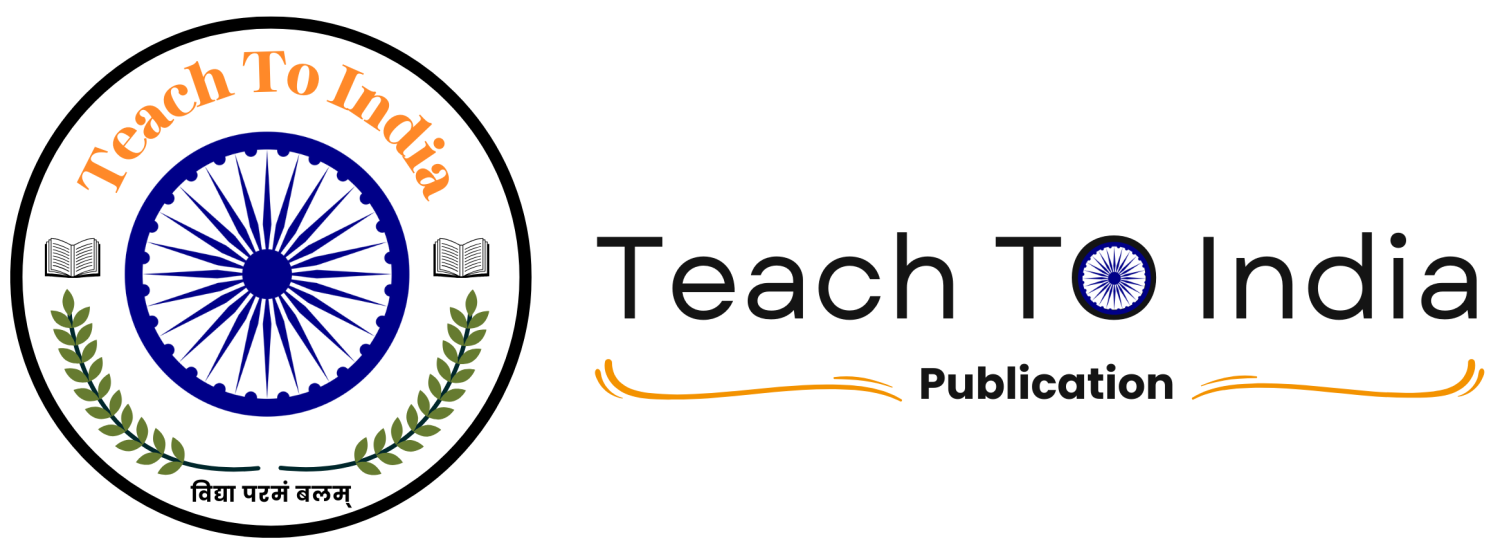Gene Technology, Immunology and Computational Biology - जीन प्रौद्योगिकी, प्रतिरक्षा और संगणन जैव विज्ञान
- Description
- Curriculum
- Reviews

Model Question Paper
Gene Technology, Immunology and Computational Biology – जीन प्रौद्योगिकी, प्रतिरक्षा और संगणन जैव विज्ञान
Key Features | मुख्य विशेषताएँ
- Bilingual Model Paper | द्विभाषी मॉडल पेपर
- Enough MCQ for Practice | अभ्यास के लिए पर्याप्त MCQ
- Exam Practice Paper with Mock Tests | मॉक टेस्ट के साथ परीक्षा अभ्यास पत्र
- Latest Syllabus as per NEP | NEP के अनुसार नवीनतम पाठ्यक्रम
- Designed by Experts | विशेषज्ञों द्वारा तैयार किया गया
The given MCQs cover only 10% of the syllabus | दिए गए बहुविकल्पीय प्रश्न केवल 10% पाठ्यक्रम को कवर करते हैं।
To cover 100% of the syllabus with summaries, upgrade to our Advanced Model Paper.| पूरा सिलेबस और सारांश कवर करने के लिए हमारा एडवांस मॉडल पेपर जॉइन करें। Join Advanced Model Paper
|
Program Class: Doplima/ B.Sc |
Year: Second |
Semester: Fourth |
||
|
Subject: ZOOLOGY |
||||
|
Course Title: Gene Technology, Immunology and Computational Biology |
||||
|
Course Learning Outcomes: On completion of this course, learners will be able to: · Understand the principles of genetic engineering, how genes can be cloned in bacteria and the various technologies involved in it. · Know the applications of biotechnology in various fields like agriculture, industry and human health. · To have an in depth understanding about Immune System & its mechanisms. · Get introduced to DNA testing and utility of genetic engineering in forensic sciences. · Get introduced to computers and use of bioinformatics tools. · Enable students to get employment in pathology/Hospital. · Take up research in biological sciences. |
||||
|
Credits: 4 |
Core Compulsory |
|||
|
Max. Marks: –25+75 |
Min. Passing Marks: 33 |
|||
|
Unit |
Topics |
|||
|
I |
Principles of Gene Manipulation · Recombinant DNA Technology · Selection and identification of recombinant cells · Restriction Enzymes, DNA modifying enzymes, Cloning Vectors, Ligation · Gene transfer techniques, Gene therap |
|||
|
II |
Applications of Genetic Engineering · Single cell proteins · Biosensors, Biochips · Crop and live stock improvement, development of transgenics · Development of DNA drugs and vaccines |
|||
|
III |
DNA Diagnostics · Genetic analysis of human diseases, detection of known and unknown mutations · Concept of pharmacogenomics and pharmacogenetics |
|||
|
IV |
Immune System and its Components · Historical perspective of Immunology, Innate and Adaptive Immunity, clonal selection, complement system · Structure and functions of different classes of immunoglobulins, Hypersensitivity · Humoral immunity and cell mediated immunity · Suitable examples of Autoimmunity, immune deficiency, transplantation rejection |
|||
|
V |
Biostatistics I · Calculations of mean, median, mode, variance, standard deviation · Concepts of coefficient of variation, Skewness, Kurtosis · Elementary idea of probability and application |
|||
|
VI |
Biostatistics II · Data summarizing: frequency distribution, graphical presentation pie diagram, histogram · Tests of significance: one and two sample tests, t-test and Chi- square test |
|||
|
VII |
Basics of Computers · Basics (CPU, I/O units) and operating systems · Concept of homepages and websites, World Wide Web, URLs, using search engines |
|||
|
VIII |
Bioinformatics · Databases: nucleic acids, genomes, protein sequences and structures, FASTA format, Bibliography · Sequence analysis (homology): pairwise and multiple sequence alignments-BLAST |
|||
-
1Unit 1: MCQs - Gene Technology, Immunology and Computational Biology
-
2Unit 2: MCQs - Gene Technology, Immunology and Computational Biology
-
3Unit 3: MCQs - Gene Technology, Immunology and Computational Biology
-
4Unit 4: MCQs - Gene Technology, Immunology and Computational Biology
-
5Unit 5: MCQs - Gene Technology, Immunology and Computational Biology
-
6Unit 6: MCQs - Gene Technology, Immunology and Computational Biology
-
7Unit 7: MCQs - Gene Technology, Immunology and Computational Biology
-
8Unit 8: MCQs - Gene Technology, Immunology and Computational Biology







